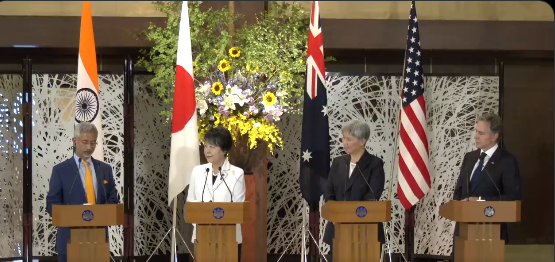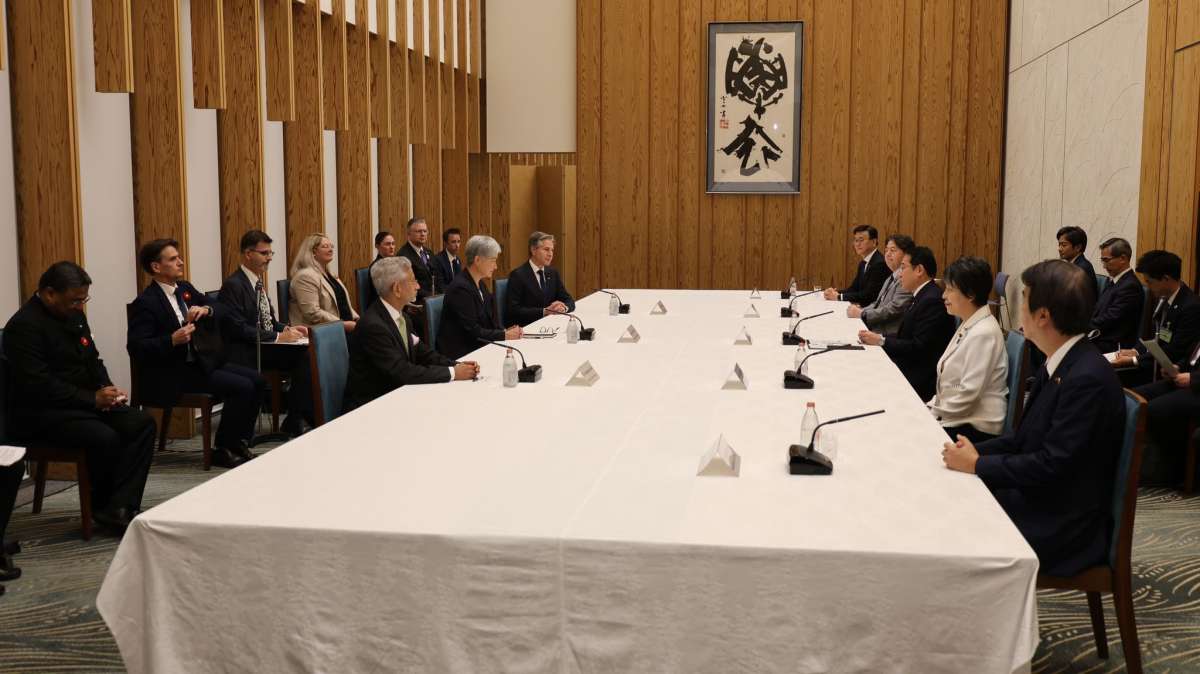The opposition’s unity behind González was a strategic move to unseat Maduro, who has been in power for 11 years. Pre-election opinion polls had suggested a significant lead for González, predicting a decisive defeat for the incumbent president…reports Asian Lite News
President Nicolás Maduro has claimed victory in Venezuela’s presidential election, according to partial results announced by the National Electoral Council (CNE). Elvis Amoroso, the head of the CNE and a close ally of Maduro, reported that with 80% of the ballots counted, Maduro had secured 51% of the vote, while his main challenger, Edmundo González, garnered 44%.
However, the Venezuelan opposition has rejected the CNE’s announcement as fraudulent and vowed to contest the outcome. The opposition asserted that their candidate, González, actually won with 70% of the votes, based on their own tallies, exit polls, and quick counts, which they claim show González leading Maduro by 40 percentage points.
The opposition’s unity behind González was a strategic move to unseat Maduro, who has been in power for 11 years. Pre-election opinion polls had suggested a significant lead for González, predicting a decisive defeat for the incumbent president.
The election results hold significant implications not only for Venezuela’s 29.4 million citizens but also for international relations and migration patterns. Over the past decade, 7.8 million Venezuelans have fled the country due to economic and political turmoil under Maduro’s administration. Recent polls indicate that this exodus could accelerate, with one survey suggesting that a third of the population might consider emigrating.
The outcome of Venezuela’s election is also closely watched by the United States and other Latin American countries affected by the influx of Venezuelan migrants. Venezuela’s vast oil reserves make its political direction crucial for international energy markets. Maduro attributes the country’s economic hardships to US sanctions and has strengthened ties with China, Iran, and Russia, all of which have contentious relationships with the US.
A shift in government could lead to Venezuela distancing itself from these countries and its ally Cuba, while Maduro’s continued rule would likely deepen these alliances. Many Venezuelans, weary of 25 years of socialist PSUV rule, first under Hugo Chávez and then Maduro, are clamoring for change. Voters in Petare, one of Latin America’s largest slums, expressed a strong desire for a new government, citing the current administration’s failures.
Concerns about election fraud were prevalent, with fears that Maduro’s administration might manipulate the results to stay in power, as was alleged in the 2018 election. Despite these worries, the opposition believed their significant lead would prevent any fraudulent victory by Maduro.
As the results continue to unfold, the opposition’s challenge and international reactions will shape the future political landscape of Venezuela as per the reports of BBC.
ALSO READ-Musk Says Google Meddling With US Presidential Election









